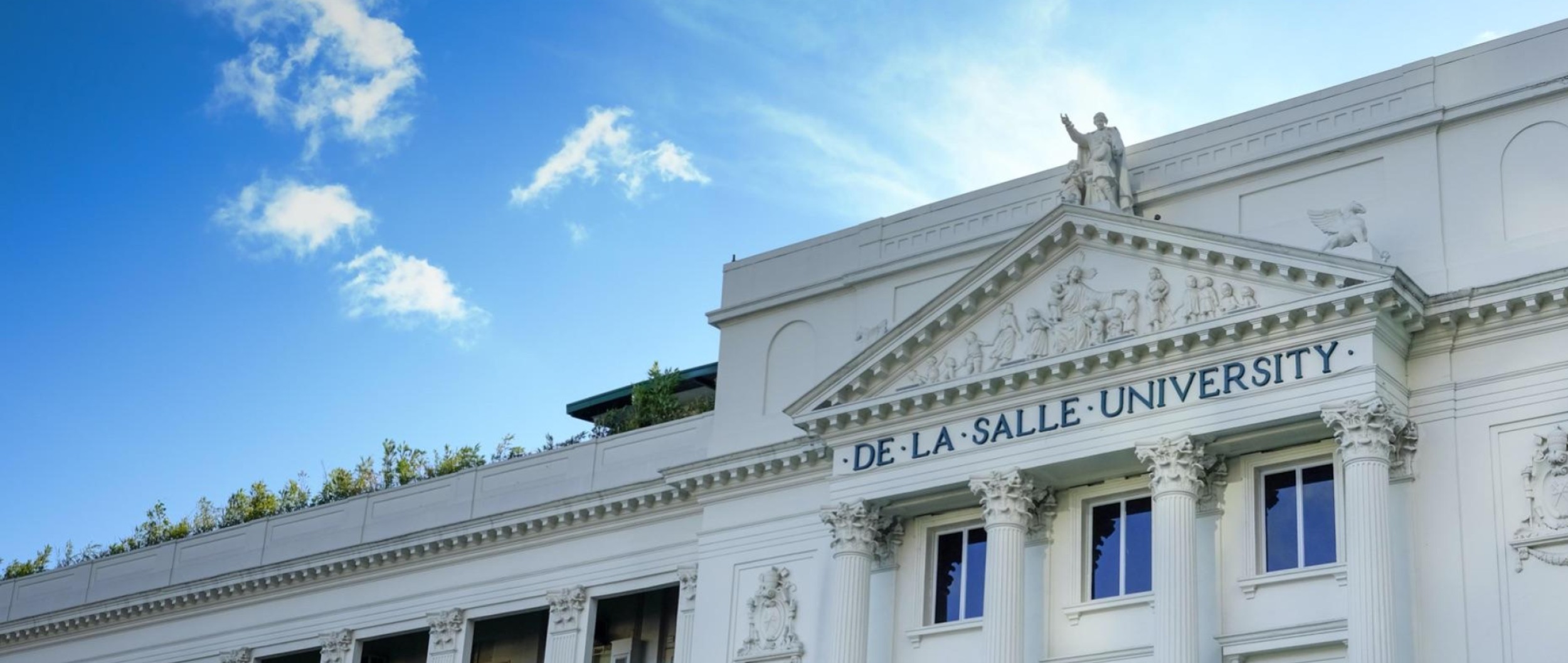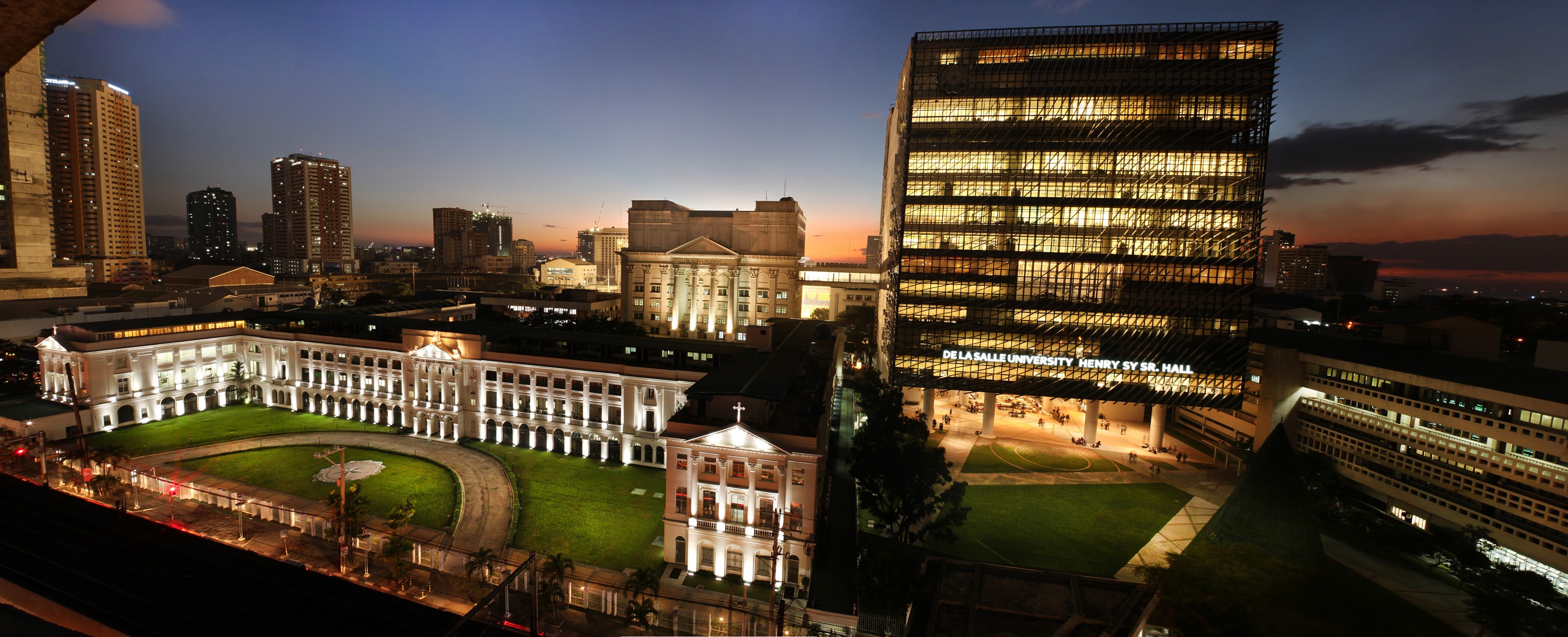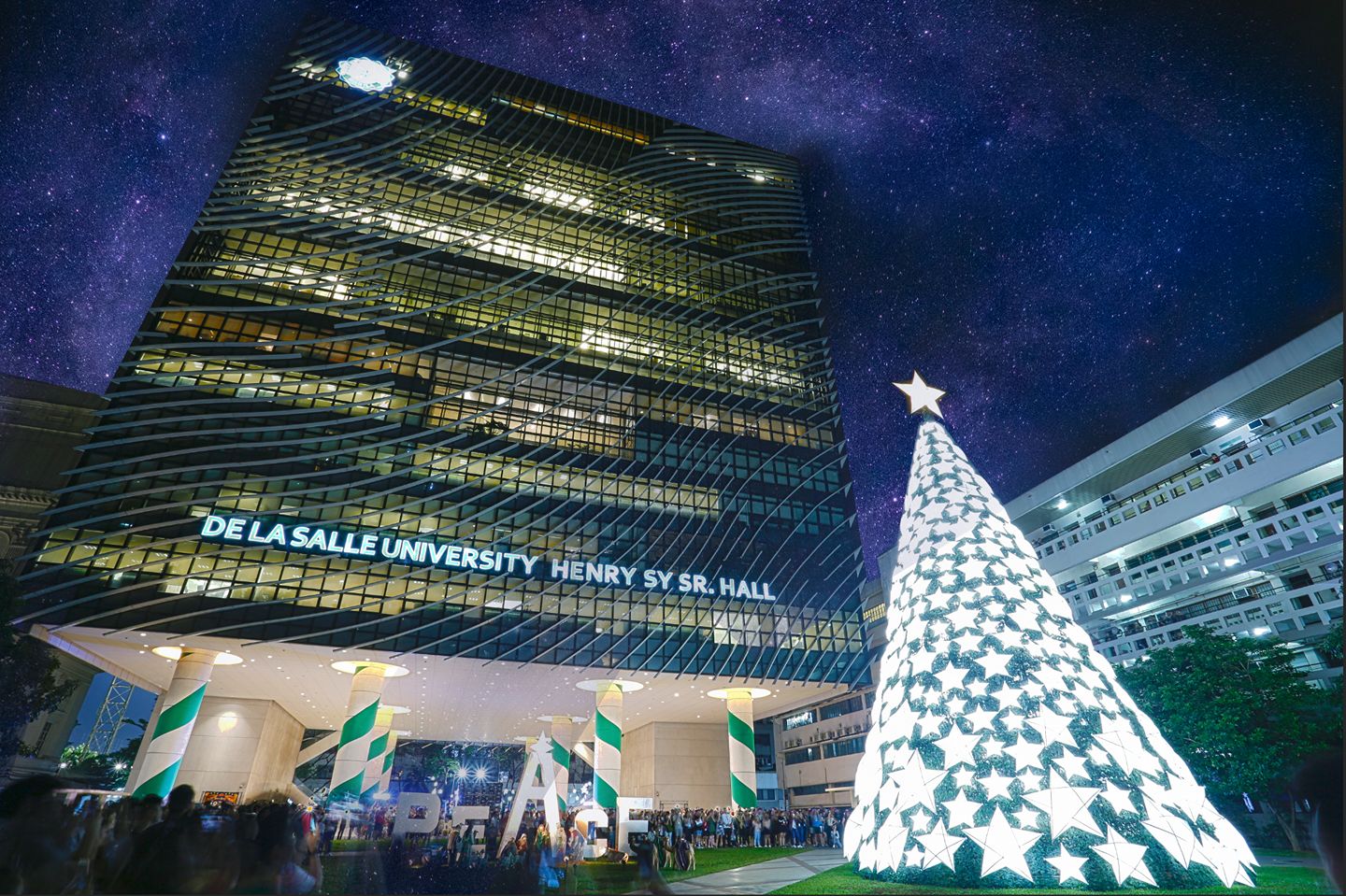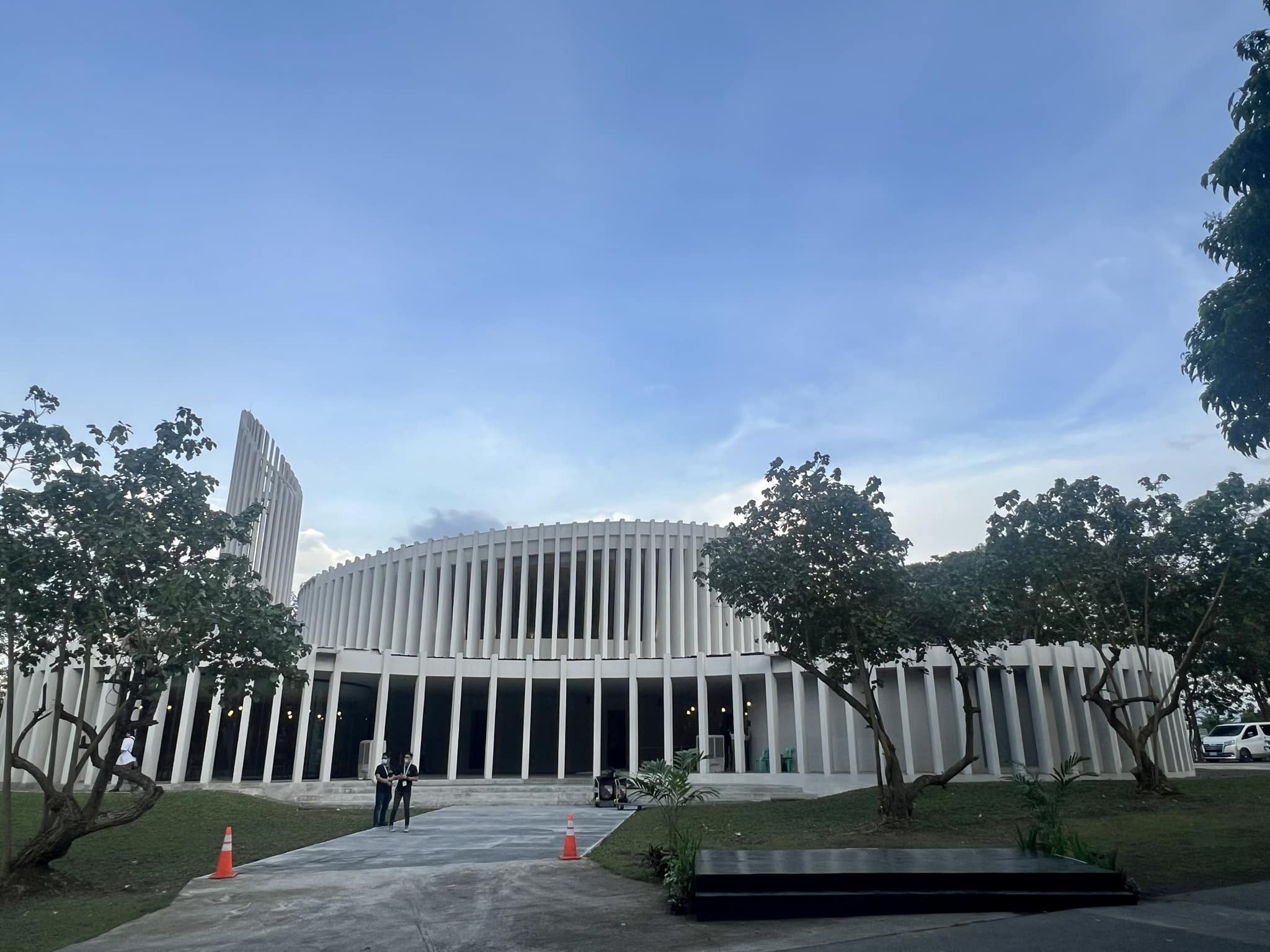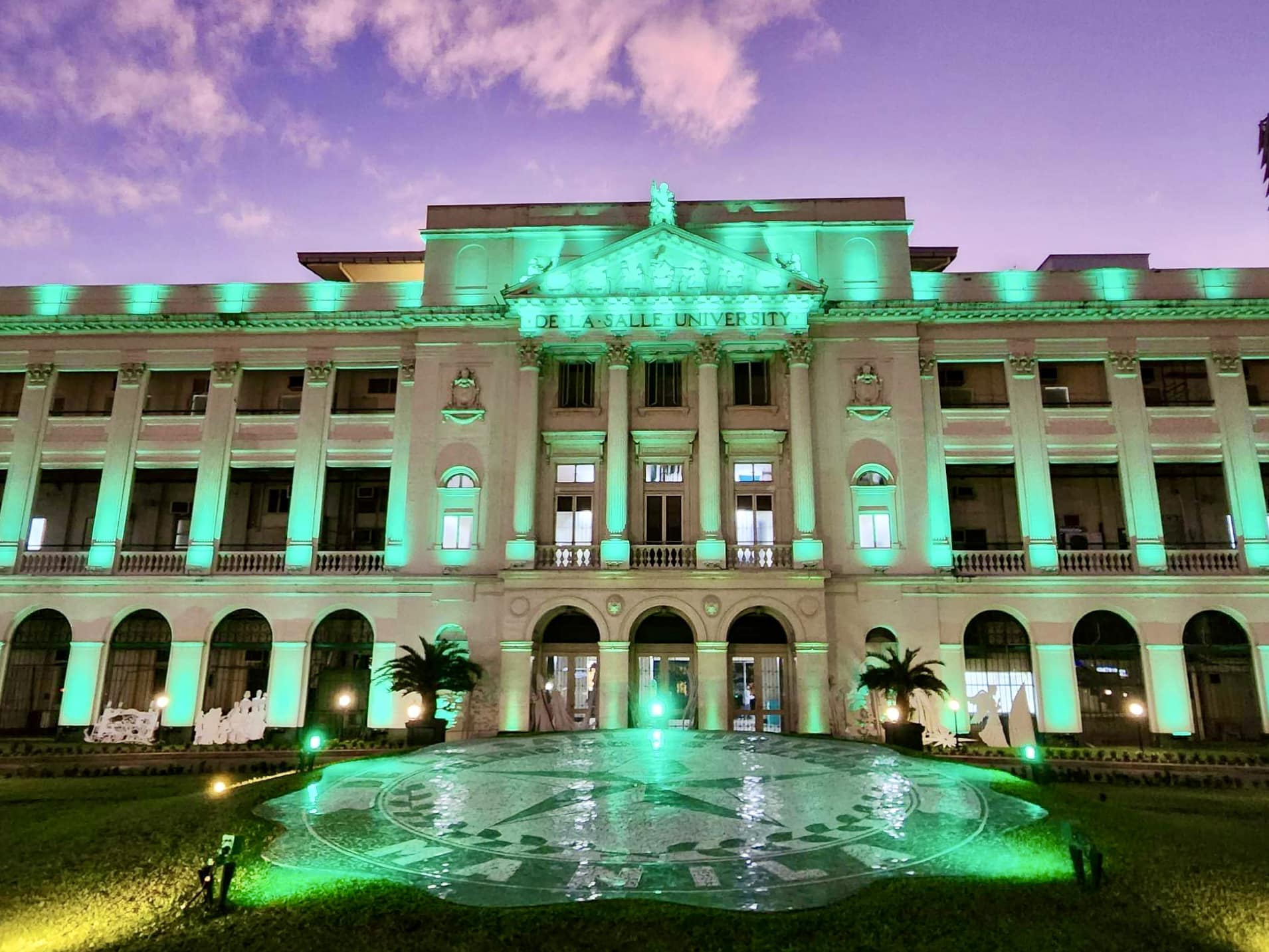Course Requirements
Core Subjects: 6 units
Major Subjects: 18 units
Cognate Subjects: 6 units
Written Comprehensive Examinations (To be taken prior to thesis writing)
Core Subjects (2)
Major Subject (1)
Language Proficiency (Spanish)
Capstone Project:
Seminar Paper or Teaching Modules– 6 units
TOTAL UNITS: 36 units
Core Subjects
HIS 531M HISTORIOGRAPHY 1 (1521-1898)
The course HISTORIOGRAPHY 1 will expose the students to primary historical data and other sources of historical information from 1521-1898 The survey will include a study of archival materials official publications memoirs travel accounts secondary sources and non-traditional materials that are useful in reconstructing the history of the Philippines It will also identify the libraries archives museums and other depositories of historical data here and abroad It is hoped that this survey of historical literature will be useful in the research of neglected topics in Philippine historiography
HIS532M HISTORIOGRAPHY 2 (1898-Present)
The course HISTORIOGRAPHY 2 is a survey of primary historical data and other sources of historical information from 1898 until the contemporary period In particular it will expose students to different archival materials primary and documentary sources in the Philippines and abroad that would be helpful in writing about the different aspects of Philippine history It will also help students to evaluate historical materials thus far written and in the process point out the gaps in historiography of the period
Major Subjects
HIS601M PRE-16th CENTURY
Through the use of new evidences from archaeological sources the course will look closely at the advent and spread of human presence in the country from ancient times until the end of the 9th century AD Patterns of migration culture and settlement will be looked into to show how they varied or paralleled each other within the Philippines and in comparison with neighbouring countries in the region This is done with the end view of being able to put together a clearer picture of the people and society that existed in the Philippines during the centuries immediately prior to European contact in the 16th century Currently available anthropological and linguistic information in conjunction with recent data from archaeological field research would be complemented by foreign sources from China and Indonesia which would give a more substantial understanding of the foundation of Philippine history and culture
HIS602M THE PHILIPPINES 1521-1896
This course will cover the history of the Philippines from the arrival of the Europeans in 1521 until the outbreak of the Philippine Revolution of 1896 The perspective is focused on the history of the Filipinos against the backdrop of the Spanish colonial rule
HIS603M THE PHILIPPINE REVOLUTION AGAINST SPAIN AND THE UNITED STATES 1896-1902
The course is a critical study of the Philippine Revolution against Spain and United States from 1896 to 1902 Through the use of archival and primary sources it examines how the Philippine Revolution against Spain and the United States was played out in the different parts of the country It will also discuss the situation factors and developments in the nineteenth century Philippines that led to the outbreak of the Revolution It will also analyze the ideological underpinnings socio-economic context and relevance of the Philippine Revolution to the formation of national identity among Filipinos today
HIS604M THE PHILIPPINES 1902-1946
The course aims to examine the major developments during the American colonial period It will discuss the policies and institutions – political economic socio-cultural – that the American administration introduced in the Philippines and their repercussions and consequences on the life of the Filipinos Special attention will be given to discussions on some initiatives taken by Filipino leaders to influence American policy that would affect some developments in the Philippines such as for instance on the issue of timing and terms of independence and the economic relations between the Philippines and the United States In 1935 a ten-year transition period prior to Philippine independence was inaugurated This was the period of the Commonwealth which was interrupted by the Second World War and the Japanese occupation The dominant political period was President Manuel l Quezon who had committed the Commonwealth government to policies and programs which would prepare the country for full independence in 1946 The course will discuss the brief but difficult period of the Japanese Occupation and its consequences on developments in the post-war period
HIS605M POST-WAR PHILIPPINES 1946 TO PRESENT
The course is a general study of Contemporary Philippines ie from post-World War II up to the present times Particular stress will be given to the social cultural political and economic developments in the Philippines in that period as well as the problems that beset the nation-state
HIS606M SPECIAL TOPICS IN PHILIPPINE HISTORY
This subject is a critical survey of the different theories on history and historiography It focuses on the different philosophies of history from the Ancient Greeks down to the modern and postmodern periods It also examines the development of Philippine historiography with emphasis on its beginnings during the Propaganda Movement until the present
Cognate Subjects
Cognate/Elective courses may be taken from the course offerings of the Brother Andrew Gonzalez College of Education (BAGCED) preferably those that deal with teaching methodologies and strategies and the use of multi-media in the classroom
Written Comprehensive Examination
Students will take a comprehensive examination based on the two core subjects one major subject which preferably is a period the student is planning to specialize and language proficiency (Spanish)
Capstone Project: Teaching Modules /Research Project
This course is intended to provide hands-on learning and professional experience in teaching history subjects Students are required to choose two history subjects and they will be asked to make a syllabus for each one of them Then they will be asked to come up with a module of at least two major topics of one of the syllabi One of the modules will be demonstrated and evaluated in actual classroom setting with the mentor and two other graduate faculty members grading the student
Show less 